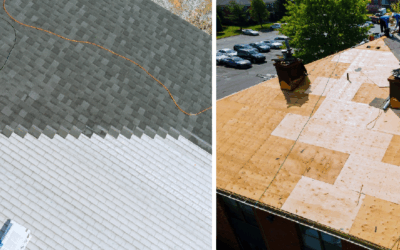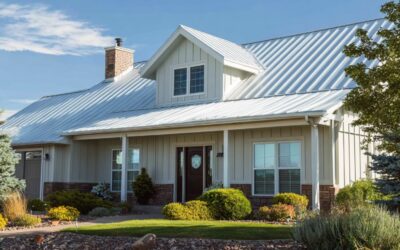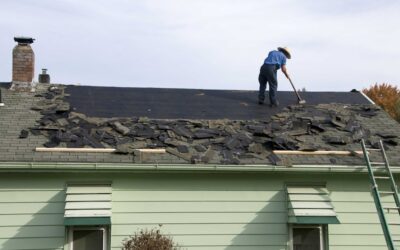Polyisocyanurate (Polyiso) in Roofing: A Comprehensive Guide
Polyisocyanurate, commonly known as polyiso, is a high-performance insulation material widely used in roofing applications. Its popularity stems from its excellent thermal properties, fire resistance, and versatility. This guide delves into the composition, benefits, applications, and considerations of polyiso insulation in roofing systems.
What is Polyisocyanurate?
Polyisocyanurate (polyiso) is a closed-cell, rigid foam insulation board made by reacting methylene diphenyl diisocyanate (MDI) with a polyester-derived polyol. This reaction forms a thermoset plastic with a high degree of cross-linking, resulting in a material that is chemically and thermally stable. The foam core is typically sandwiched between facers made of fiberglass, organic felt, or coated paper, enhancing its structural integrity and moisture resistance.
Benefits of Polyiso in Roofing
1. High Thermal Performance
Polyiso boasts one of the highest R-values per inch among insulation materials, typically around R-6 to R-6.5. This high thermal resistance allows for thinner insulation layers to achieve desired energy efficiency levels, making it ideal for space-constrained applications.
2. Fire Resistance
Due to its chemical structure, polyiso exhibits excellent fire resistance. It has a high ignition temperature and does not melt or drip when exposed to flame, contributing to safer building designs.
3. Moisture Resistance
The closed-cell structure of polyiso foam minimizes water absorption, reducing the risk of moisture-related issues such as mold growth and material degradation.
4. Dimensional Stability
Polyiso maintains its shape and size over time, even under temperature fluctuations, ensuring consistent performance throughout its service life.
5. Compatibility with Various Roofing Systems
Polyiso insulation is suitable for a wide range of roofing systems, including built-up roofs (BUR), modified bitumen, single-ply membranes (TPO, PVC, EPDM), and metal roofs. (Atlas Roof & Wall Insulation)
Applications of Polyiso in Roofing
1. Commercial Low-Slope Roofs
Polyiso is extensively used in commercial low-slope roofing due to its high R-value and compatibility with various membrane systems. (polyiso.org)
2. Residential Roofing
In residential applications, polyiso provides effective insulation for flat or low-slope roofs, contributing to energy efficiency and indoor comfort.
3. Tapered Insulation Systems
Tapered polyiso boards are designed to create positive drainage on flat roofs, preventing water ponding and extending the roof’s lifespan. (Rmax)
4. Recover Roofing Projects
Polyiso can be used in recover applications, where new insulation is installed over existing roofing materials, providing an economical solution for roof upgrades. (Atlas Roof & Wall Insulation)
Considerations When Using Polyiso
1. Cost
Polyiso insulation tends to be more expensive than other insulation materials like fiberglass or expanded polystyrene. However, its superior thermal performance can lead to energy savings over time. (GAF)
2. Environmental Impact
While polyiso is not biodegradable and is made from petrochemicals, some manufacturers offer eco-friendly options incorporating recycled materials. (Carolina Atlantic Roofing Supply)
3. Installation
Proper installation is crucial to maximize the benefits of polyiso insulation. Ensuring tight joints and correct fastening methods will enhance thermal performance and prevent moisture ingress.
Conclusion
Polyisocyanurate insulation offers a combination of high thermal resistance, fire safety, and versatility, making it a preferred choice for various roofing applications. While considerations such as cost and environmental impact exist, the long-term benefits often outweigh these concerns. Consulting with roofing professionals can help determine if polyiso is the right insulation material for your specific project needs.
Note: This blog is intended for informational purposes and should not replace professional advice. Always consult with a certified roofing contractor for specific recommendations tailored to your building’s needs.
 (440) 307-2060
(440) 307-2060




